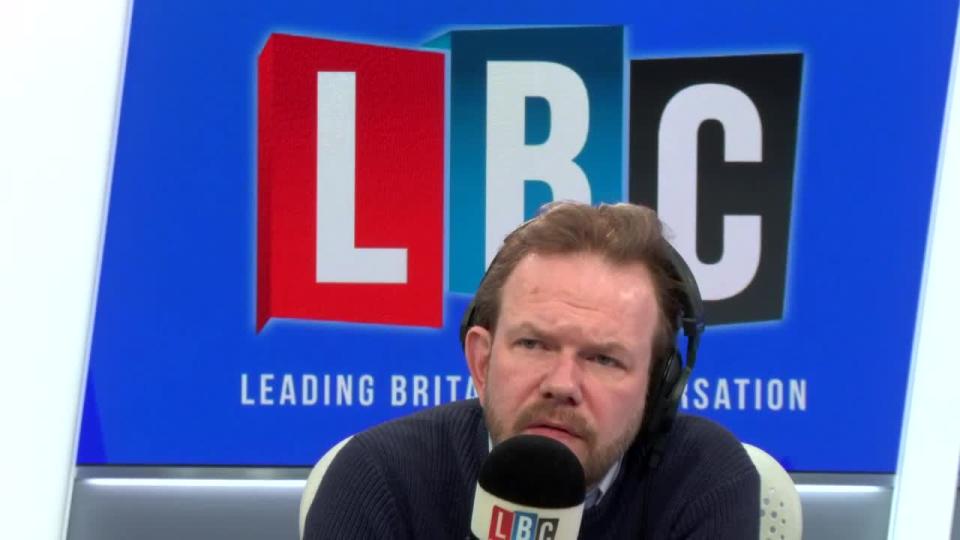Jacob Rees-Mogg hints he will back Theresa May's Brexit deal


Jacob Rees-Mogg has hinted at a Eurosceptic u-turn over Theresa May's Brexit deal.
The Tory backbencher said "the choice seems to be Mrs May's deal or no Brexit", which has been interpreted as a reluctant endorsement of the beleaguered leader's deal as Parliament voted to seize control of the process.
"I have always thought that no deal is better than Mrs May's deal, but Mrs May's deal is better than not leaving at all," the European Research Group chairman said on a ConservativeHome podcast.
He added that Brexit may now be a "process rather than an event" and it could take time to fully break away from Brussels.

He later tweeted a link to the interview with the words: "The choice seems to be Mrs May's deal or no Brexit."
The move will pile pressure on fellow Leavers Boris Johnson and Iain Duncan Smith to switch and support her deal.
The news comes as the Prime Minister's fragile authority suffered another blow as three ministers quit to back a Commons amendment enabling MPs to take control of Commons business to stage a series of "indicative votes" on alternatives to her deal.
The defeat heaps further pressure on Mrs May's position and could increase the chances of an early general election if MPs back plans for a softer Brexit which would be unacceptable to the Prime Minister or Tory Eurosceptics.
The choice seems to be Mrs May's deal or no Brexit.https://t.co/GggHZ7NEv5
- Jacob Rees-Mogg (@Jacob_Rees_Mogg) March 26, 2019
The Prime Minister will address Tory MPs at a meeting of the 1922 Committee on Wednesday amid speculation that setting a timetable for her departure could sway more Conservatives to back the deal.
At Tuesday's regular Cabinet meeting, the Prime Minister is expected to be confronted with calls for free votes on the rival options.
"Many around the Cabinet table will argue for a free vote so Parliament can truly show what it would support," a Cabinet source said.
Alistair Burt, who quit his Foreign Office role in order to vote for the Commons amendment, said: "Parliament should seek urgently to resolve the situation by considering alternatives freely, without the instruction of party whips, and Government should adopt any feasible outcome as its own in order to progress matters.
"I did not believe the Government was prepared to do that, so had to vote to ensure this happens."
Steve Brine, who quit as a health minister, suggested the revolt in favour of the indicative votes amendment could actually boost the chances of Mrs May's deal finally getting through by persuading Tory Eurosceptics such as Mr Rees-Mogg it was the best form of Brexit on offer.
"Those on my side who don't like the deal, maybe they will realise that the House of Commons is prepared to act," he told the BBC.
"And, anything from here, as far as they are concerned, gets softer in terms of Brexit."
He added: "You have to accept that a second referendum or revoking Article 50 are on the table because they will probably be some options."
The 2017 Tory manifesto ruled out membership of the single market and customs union and Mrs May told MPs on Monday that "no one would want to support an option that contradicted the manifesto on which they stood for election to this House".

This article first appeared on Yahoo

 Yahoo News
Yahoo News 

